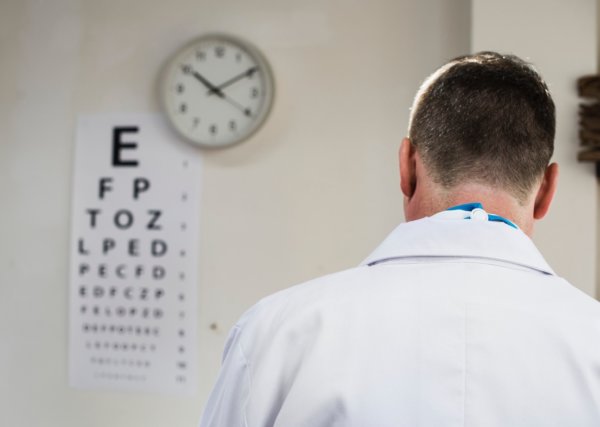As an illness often associated with old age, it can sometimes be hard to notice the signs of Alzheimer’s early on. Yet, with growing advancements in technology, are there new ways to diagnose Alzheimer’s?

As a form of dementia, Alzheimer’s slows down the cognitive processes in your brain. It can affect your ability to remember things, from birthdays to your most recent conversation, as well as your ability to think: planning occasions or making informed decisions can become that much harder.
Know the symptoms of Alzheimer’s
One of the first telling signs of the disease is minor memory loss. As the condition evolves, more symptoms reveal themselves. Further difficulties can include:
- Becoming bewildered in familiar surroundings
- Issues correlating with speech and language
- Belligerent change in personality
- Trouble with sights, including hallucinations
Alzheimer’s is a gradual disease whereby the symptoms become progressively worse throughout time. So, being able to spot the signs and diagnose for treatment – before it’s too late – is undoubtedly useful. Here, we outline some traditional ways it can be diagnosed as well as some more modern solutions.
Mental ability tests
Testing the strength of your mental capabilities can be done through the means of a mental ability test. This is where a specialist will assess the functioning of your brain, such as memory or thinking.
These tests give an overview as to whether the individual can comprehend the symptoms; knows their whereabouts (the date, time, their location), can remember a list of words or mathematical sums, concentration span, speech and language skills.
These tests can be used by doctors to identify what might be going on with an individual. Yet, as someone’s intellect can have influence over the results, it’s worth noting that this test shouldn’t be used solely to determine a diagnosis of Alzheimer’s.
CT or MRI Scan
As Alzheimer’s can impact your brain, you can have scans to identify any possible damage caused by the disease.
An example of this is a CT scan, which uses X-rays to give a more in-depth image of inside the brain. There are also MRI scans, which is performed using strong magnetic fields and radio waves to generate a detailed insight into what’s happening inside the body. The benefits of this method of testing are that it can quickly identify any issues, so a doctor can effectively give a diagnosis and advise treatment plans.
Genetic test
With the advancement of technology transcending into all walks of industries: it’s no surprise that it has now made its way into disease diagnosis for Alzheimer’s.
A recent research study developed a genetic test that can predict at what age someone may develop Alzheimer’s. The test effectively looks at your genetic code and the different gene variations that can influence the risk of getting Alzheimer’s. This is a ground-breaking development that will lead the way for progressive methods in predicting who is most likely to develop Alzheimer’s.
How to stop Alzheimer’s
There is no clear suggestion to prevent Alzheimer’s as the cause is still yet to be found. A simple way to decrease your chances is to maintain a healthy lifestyle. As Alzheimer’s has links to cardiovascular disease, taking steps to improve your cardiovascular health is a great place to start.
- Try quitting smoking
- Reduce your weekly alcohol intake
- Ensure you’re getting a healthy balanced diet (including 5 portions of fruit and vegetable every day)
- Find more time for exercise every week – try to do at least the recommended 150 minutes.
There are also other suggestions to help stimulate your mind and promote happiness.
- Try doing some brain training activities such as crosswords or puzzles
- Push yourself to read more books and discuss what you’ve discovered with your friends and family
- Start a new hobby that you’ve always wanted to try – you could find something in your local community to help meet new people.
If you’re looking for more information or have any health concerns, then we suggest contacting your local GP. If you feel inspired to get your brain more healthy, read our latest blog post on some top brain training activities.
